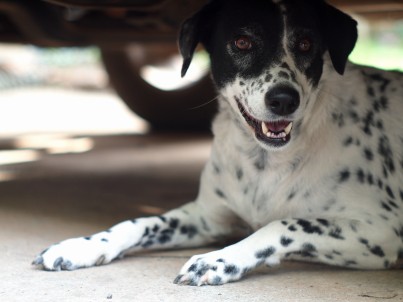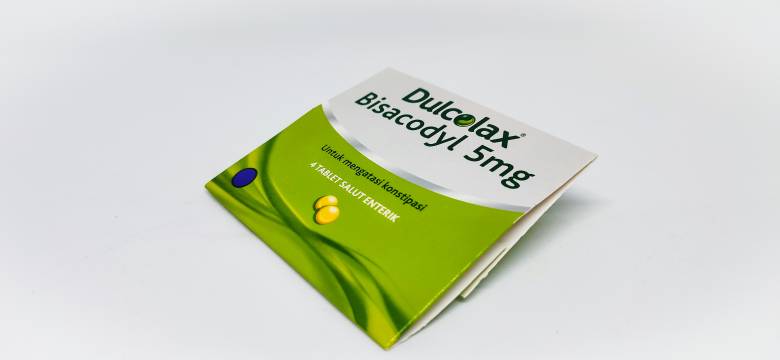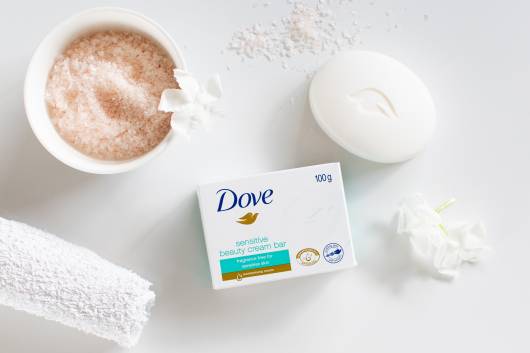Engine oil is commonly found in households that have vehicles, lawnmowers, and more! While engine oil is safe when used correctly, what happens if you happen to spill some and your dog licks it?
Connect with a verified veterinarian in minutes. Licensed vets are available 24/7 to answer your questions. No need to worry about your furry family member.
Has your dog licked engine oil? Are you worried the engine oil will make your dog sick? If so, then you’ve come to the right place. We understand it can be scary when your dog does something like this.
In this article, we’ll take a look at engine oil and whether or not it can make a dog sick. Let’s get started!

What is Engine Oil?
Engine oil, also referred to as motor oil, is a substance that’s made of oils, additives (detergents, anti-foam agents), and more. It’s used to lubricate internal combustion engines, which means the oil reduces friction and wear on the moving parts of the engine. It also works to keep the engine clean. What’s more, engine oil also works to neutralize acids from fuel and even improves the seals on piston rings..
Engine oil is made from petroleum hydrocarbons (crude oil).
While engine oil is considered safe when used correctly, what happens if a dog licks the oil?
Engine Oil & Dogs
Unfortunately, engine oil is toxic to dogs if ingested. Even licking up a small amount of engine oil is enough to make a dog sick. He may develop nausea, vomiting, and diarrhea. The exact symptoms depend on the size of your dog and how much of the engine oil he licked up. This means things could be more serious in smaller dogs.

Review symptoms, medications & behavior to keep your pets healthy with a Vet Online in just minutes.
Ask a Vet Live NowSymptoms of Engine Oil Ingestion in Dogs
You may notice these symptoms if your dog has licked engine oil:
- Vomiting
- Drooling
- Increased breathing rate
- Skin irritation
- Walking as if drunk
- Coma
- Fever
- Diarrhea
- Dizziness
- Confusion
- Depression
- Abdominal pain
If you notice any of these symptoms in your dog, then it’s best to call the vet right away. This could be an emergency. Don’t wait to see if your dog’s symptoms worsen or improve. And never induce vomiting unless the vet advises you to do so.
Treatment of Engine Oil Toxicity in Dogs
The vet may use activated charcoal to neutralize the toxin in your dog’s system. They may also do gastric lavage, which is a procedure performed to wash the toxin out of your dog’s digestive tract.
In addition, the vet will check your dog to see if he has any engine oil on his skin. The oil can cause skin irritation. The vet will wash the oil off your dog’s skin and may also use topical antibiotics to prevent secondary infection.
The good news is that most dogs who receive prompt treatment for engine oil toxicity will make a full recovery! But the key is to get treatment as soon as possible for your dog.
Connect with a verified veterinarian in minutes. Licensed vets are available 24/7 to answer your questions. No need to worry about your furry family member.

Rebecca MacMillan, BVetMed BSAVA PGCertSAM MRCVS
This article has been reviewed and approved by an independent Veterinarian: Rebecca is a companion animal vet who has always had a passion for writing and client communication. Since her graduation from the Royal Veterinary college in 2009 she has gained a wealth of experience in first opinion small animal practice, in both clinical and managerial roles. She currently works in the South West and deals with a variety of routine and emergency appointments, but particularly enjoys medicine cases. Outside of work and writing, she enjoys spending time with her family, including her bouncy flat coated retriever George!
Review symptoms, medications & behavior to keep your pets healthy with a Vet Online in just minutes.
Ask a Vet Live Now





